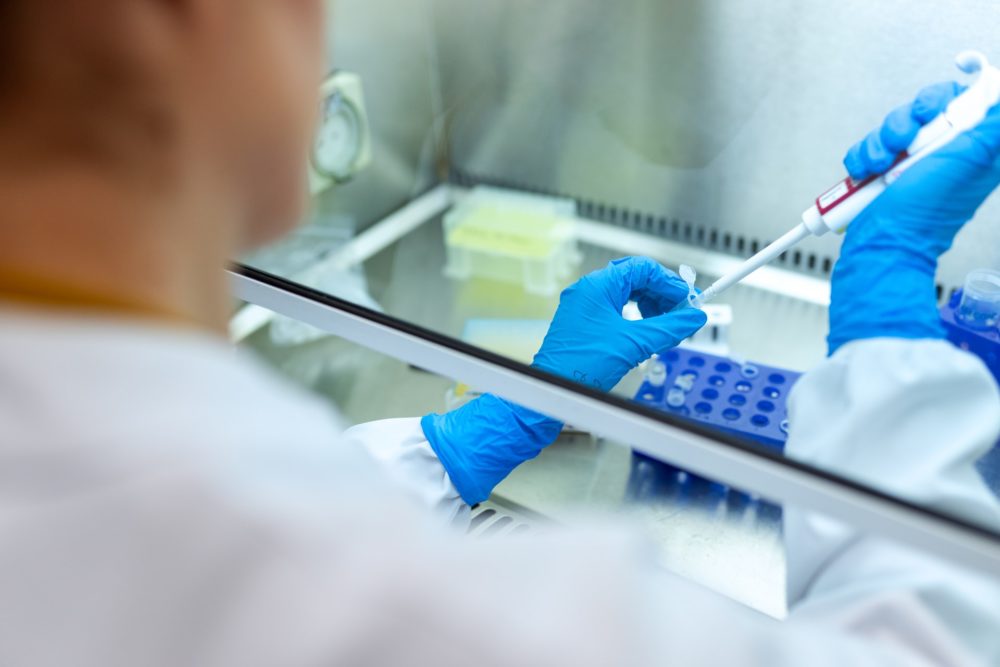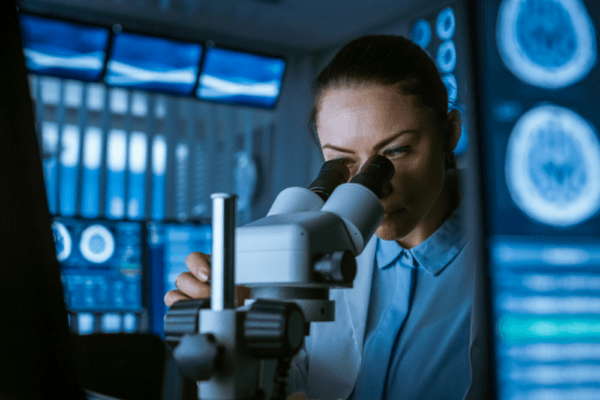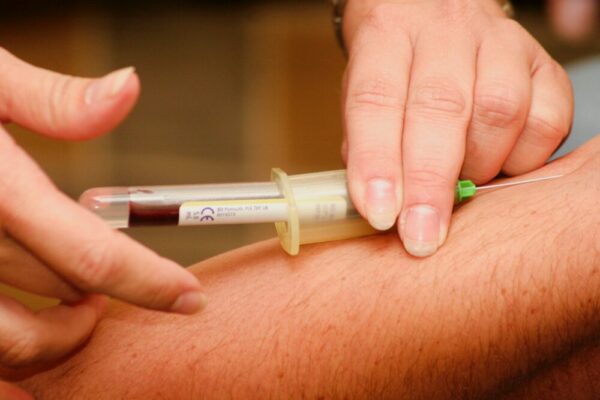With many researchers and pharmaceutical companies stepping forward to initiate the development of vaccines for the coronavirus pandemic, there are a significant number of studies underway into potential treatments for Covid-19. Currently, more than 150 different drugs are being researched around the world.
Amongst those treatments, mainly three approaches are being investigated- Antiviral drugs that directly affect the coronavirus’s ability to thrive inside the body; Drugs that can calm the immune system – patients become seriously ill when their immune system overreacts and starts causing collateral damage to the body; and Antibodies, either from survivors’ blood or made in a lab, that can attack the virus.
There is no cure for the disease yet, and patients are being treated by medicines (drugs) that were approved for treating other viral infections. Here are some treatment options or drugs currently being used or tested to slow the virus down and save people from its worst effects.
1. Dexamethasone
Dexamethasone, a widely available steroid, has been hailed as a breakthrough. A large study conducted by Oxford University showed that the low-cost medicine reduced deaths by 35% in patients on ventilators, and by 20% in patients who needed supplemental oxygen.
Another way in which dexamethasone helps against coronavirus is by regulating the immune system. Coronavirus infection triggers inflammation as the body tries to fight it off. This can prompt the immune system to go into overdrive, and it’s this reaction that can prove fatal. Being an anti-inflammatory drug, dexamethasone curbs down this response.
This drug, however, is only suitable for people who are the most unwell, i.e. those who already hospitalized and receiving oxygen or mechanical ventilation.
2. Favipiravir
A nearly 30-year-old Japanese drug, favipiravir, is another drug that has been given the green signal to treat mild to moderate coronavirus patients.
Favipiravir was approved as an experimental treatment for COVID-19 infections in China in February 2020, and now Glenmark Pharmaceuticals has launched the antiviral drug, under the brand name FabiFlu in India. Favipiravir has become the first approved oral medication for the treatment of COVID-19 in India.
The drug shows anti-viral activity against all subtypes of influenza virus strains including influenza A, B, and even avian influenza. The way it works is that Favipiravir restricts the multiplication of the virus in the body of the host once it gets inside a host cell. The virus requires a protein enzyme, called RNA polymerase, to multiply inside the body of the host. Favipiravir restricts this RNA polymerase enzyme, thus the virus is unable to replicate and spread in the host body.
While multiple studies so far have claimed promising outcomes, many of the researchers have also urged caution as the drug comes with its side effects such as possible birth defects and liver damage. Glenmark claims that although the drug can be used in Covid-19 patients with conditions like diabetes and heart disease, it is not to be administered to those with severe kidney and liver impairment, or pregnant and lactating women.
Favipiravir has received regulatory clearance in India and Russia, but it remains a subject of trials in countries like Italy, UK and USA.
3. Hydroxychloroquine (HCQ)
One of the most talked about drug available to treat coronavirus is hydroxychloroquine (HCQ). Hydroxychloroquine was first developed in India for the treatment of malaria. Some studies have suggested that HCQ has the ability to prevent COVID-19 infection due to its ability to discourage the novel coronavirus to attach to cells and have antiviral and immune-calming properties.
The Indian Council of Medical Research has been using the drug to prevent infection among frontline healthcare workers. The drug is also being used or is under trials as a prophylactic drug.
4. Remdesivir
Clinical trials of remdesivir, an antiviral drug originally developed to treat Ebola, have also been encouraging. The “Ebola drug” first developed by Gilead Sciences, a US-based pharma company, is one of the four drugs in WHO’s ‘Solidarity’ clinical trial to help find an effective treatment for COVID-19. It has also been endorsed as the first coronavirus treatment in Europe.
The drug was initially tested for coronavirus strains, SARS and MERS, in the year 2017 and showed that it had the ability to stop the enzyme RNA polymerase which was necessary for virus multiplication. This ensured that the virus could not spread in the body. Since then, the drug is being tested in various countries for its effectiveness against COVID-19.
A trial of over 1,000 people worldwide also found that remdesivir cut the duration of symptoms from 15 days to 11.
In India, the Drug Controller General of India (DCGI) has given approval to Hetero for manufacturing ‘Remdesivir’ for the treatment of Covid-19.
5. Coronil
Finding a cure to coronavirus has also taken the ayurvedic route. The latest addition comes from yoga guru Baba Ramdev’s company Pantanjali. The company has come out with ‘Coronil’, an ayurvedic drug to treat coronavirus. The corona kit by Patanjali consists of the three medicines – Coronil, Shwasari and Anu Tel and has been made by the extracts of pure Giloy, Tulsi and Ashwagandha.
The company has claimed that tried and tested herbs like ashwagandha and giloy may hold a possible “cure” for the viral infection. Even as the tall claim stands debated, Indian Council of Agricultural Research (ICAR) has observed that certain herbal compounds present in medicinal plants found in Ayurvedic medicines have shown encouraging results against viruses with properties similar to that of the novel coronavirus.
Ayurvedic herbs are also being tested as prophylactic medicines against COVID-19. However, further research and testing is still awaited.
Other ayurvedic trials and researchers are also going on to find a cure for Covid-19 infection. A study conducted by IIT Delhi’s DAILAB and Japan’s National Institute of Advanced Industrial Science and Technology (AIST) made the discovery that ashwagandha can prove to be the crucial medicine against coronavirus and can be even used in the development of a vaccine because of its natural biochemical compounds which can work the same way as other anti-coronavirus drugs.




